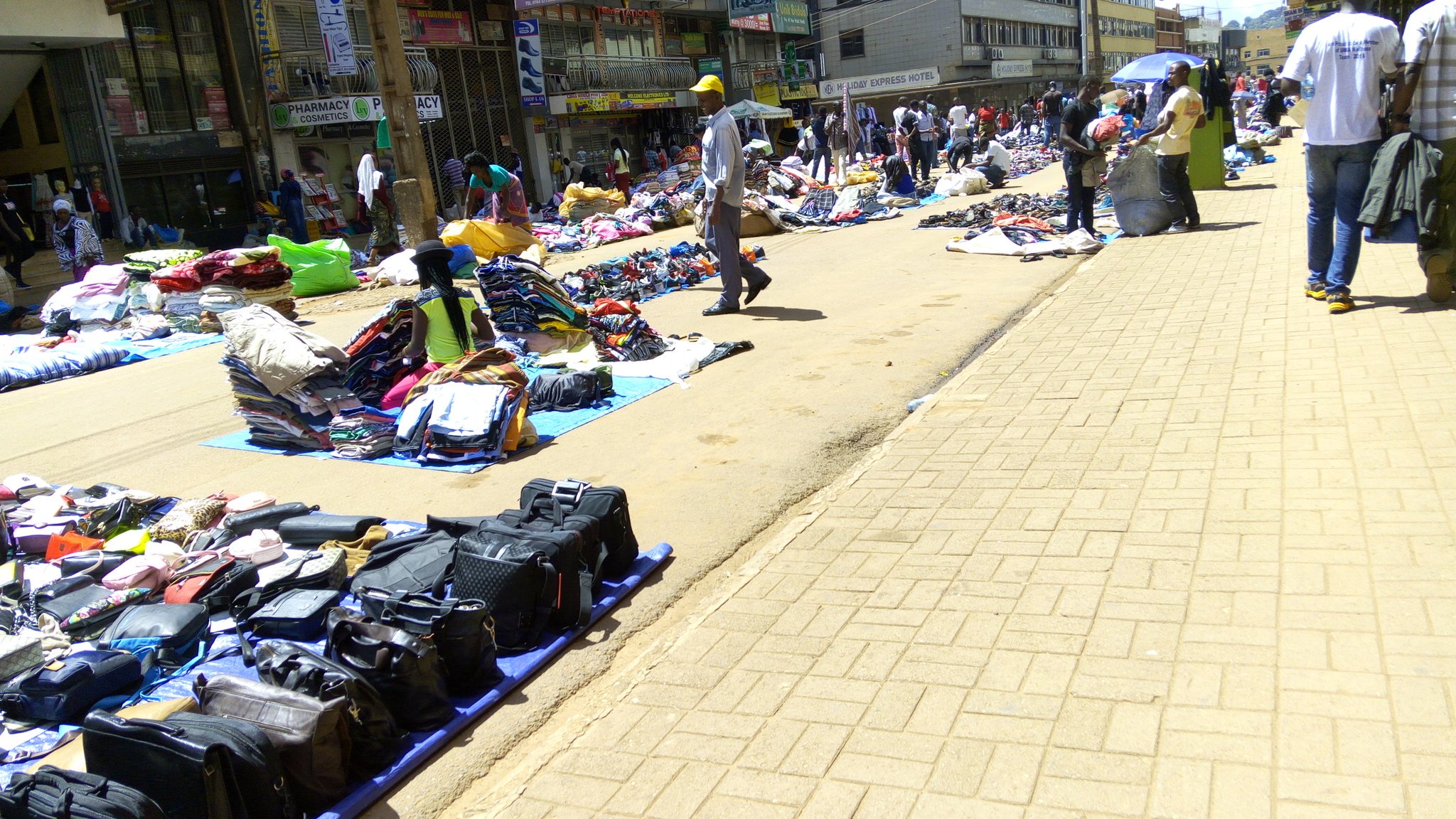Vibrant Street Trade Emerges Amid Kampala Traders’ Protest
As the strike initiated by Kampala City traders and their counterparts nationwide entered its third day on April 19, 2024, street vendors and hawkers flooded the bustling streets of Kampala, capitalizing on the absence of traders to conduct brisk sales. With over 300 arcade outlets and 3,000 general merchandise shops shuttered in protest against the Uganda Revenue Authority’s (URA) Electronic Fiscal Receipting and Invoicing Solution (EFRIS), vendors found an opportunity to thrive.
The traders’ strike stems from discontent with the newly enforced tax regulations, particularly EFRIS, which requires businesses to pay taxes based on the weight of goods. Additionally, traders are voicing concerns about the influx of Chinese investors, accusing them of dominating retail trade and squeezing out local traders.
Despite the closure of shops and arcades, street retailers like Mr. Rose Ageno seized the opportunity, positioning themselves strategically in downtown Kampala to attract customers. Rose reported brisk sales, quickly exhausting his stock and scrambling to replenish it due to high demand. He anticipates challenges once the shops and arcades reopen, fearing increased prices and heightened enforcement by law enforcement officers.
The presence of street vendors and hawkers has become ubiquitous, with walkways and verandahs of major landmarks such as Old Taxi Park, New Taxi Park, and Majestic Plaza crowded with sellers. The absence of a formalized regulation for street vending exacerbates the situation, as a proposed Street Trade Ordinance drafted by Kampala Capital City Authority (KCCA) remains pending approval.
The proposed ordinance seeks to license street vendors and hawkers, providing a framework for orderly vending in the city. However, the lack of legislative progress has left street vendors operating in a regulatory vacuum, subject to uncertainty and potential conflicts with law enforcement.
While street vendors capitalize on the current situation, concerns persist about their long-term viability and the need for solidarity with the striking traders. Mr. Musoke Nagenda, Chairman of the Kampala City Traders Association (KACITA), urged street vendors to join the strike in solidarity, emphasizing the shared challenges they face.
Nagenda highlighted the interconnectedness of traders and street vendors, noting that the issues affecting one group ultimately impact the other. He stressed the importance of collective action and expressed readiness to reopen shops only after meaningful dialogue with President Museveni and the resolution of key grievances.
Finance Minister Matia Kasaija’s commitment to studying proposals for tax reform offers a glimmer of hope for traders and vendors alike. However, the outcome of these consultations remains uncertain, leaving both groups cautiously optimistic about the future of their businesses in Kampala.




















